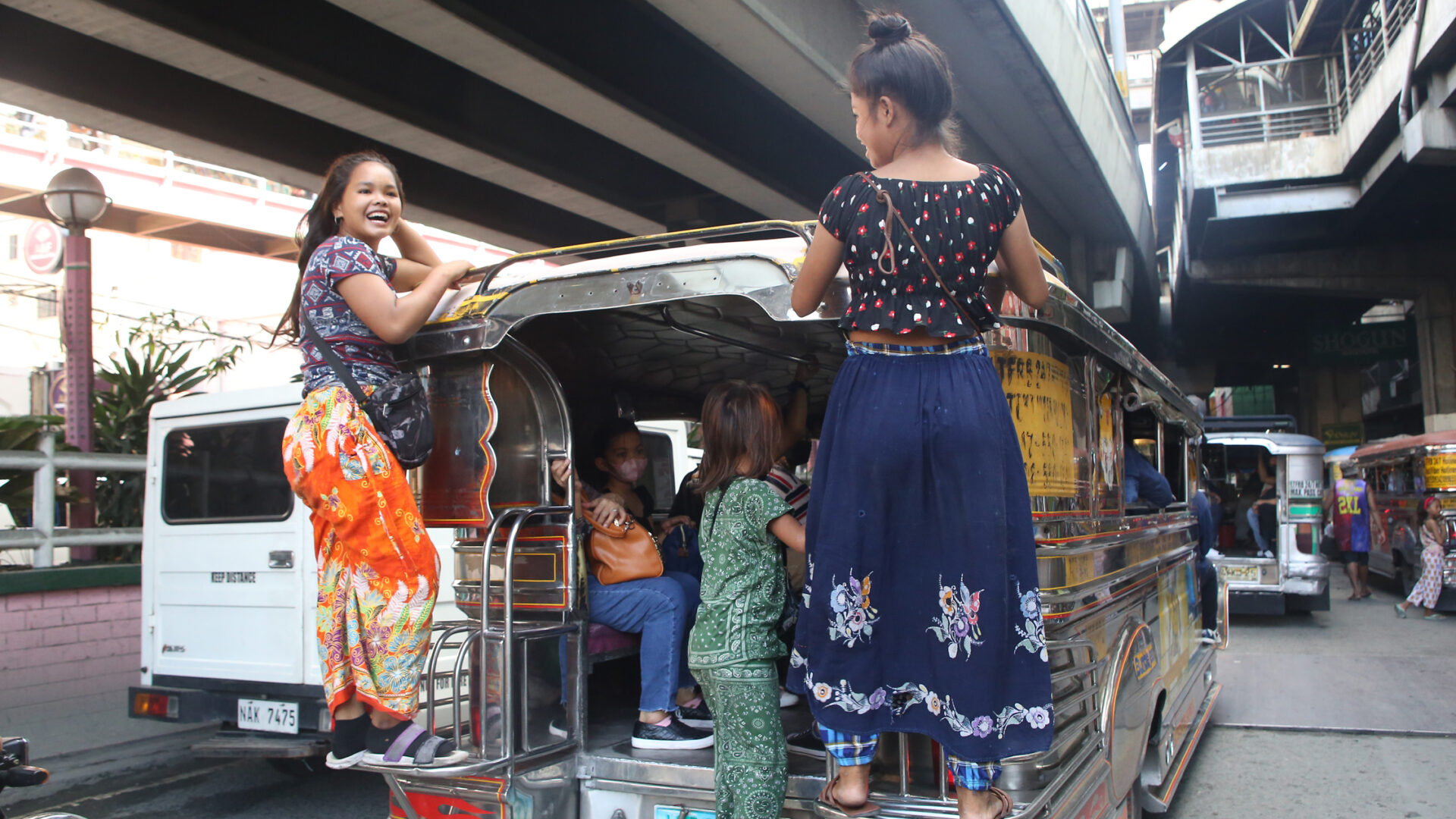The Federation of Jeepney Operators and Drivers Association of the Philippines (FEJODAP) has welcomed the “big-time” fuel price rollback set next week.
FEJODAP president Ricardo “Boy” Rebaño pointed out that the upcoming rollback on the pump prices of petroleum products would be a huge relief for public utility vehicle drivers and operators.
But while the group was thankful for the expected rollback, FEJODAP said it still hopes fuel prices will eventually go down to P50 per liter, or lower.
“If possible, there should be a rollback on petroleum products every day so we can help the Filipino people by lowering the fares,” Rebaño said in a radio interview on Sunday.
Once fuel prices drop to P50 per liter, jeepney drivers and operators would be amenable to lowering the minimum fare to P10, Rebaño added.
Fuel prices are expected to go down by at least P1 but not more than P2 per liter this Tuesday amid the softening of global oil prices in view of decreased demand.
“It’s still a bit heavy but we are still thankful that the prices of petroleum products continue to drop,” Rebaño said.
Early this week, global oil prices tumbled on demand worries Wednesday. The drop in oil prices came despite a move by the OPEC+ oil cartel, led by Saudi Arabia and Russia, to undertake just a small increase in production.
Oil prices finished about four percent lower following US energy data that showed unexpectedly weak gasoline demand.
According to the Department of Energy (DoE), the local oil industry uses Mean of Platts Singapore (MoPS) to determine pump prices.
MoPS is the “daily average of all trading transactions between buyer and seller of petroleum products as assessed and summarized by Standard and Poor’s Platts, a Singapore-based market wire service.”
“The Philippine oil industry has stopped benchmarking local pump prices on crude since there are only two refineries with capacities lower than national oil demand,” the DoE has said in its fuel pricing explainer.
“Thus, the industry imports finished products amounting to about half of the national requirement,” it added.
With Agence France-Presse
